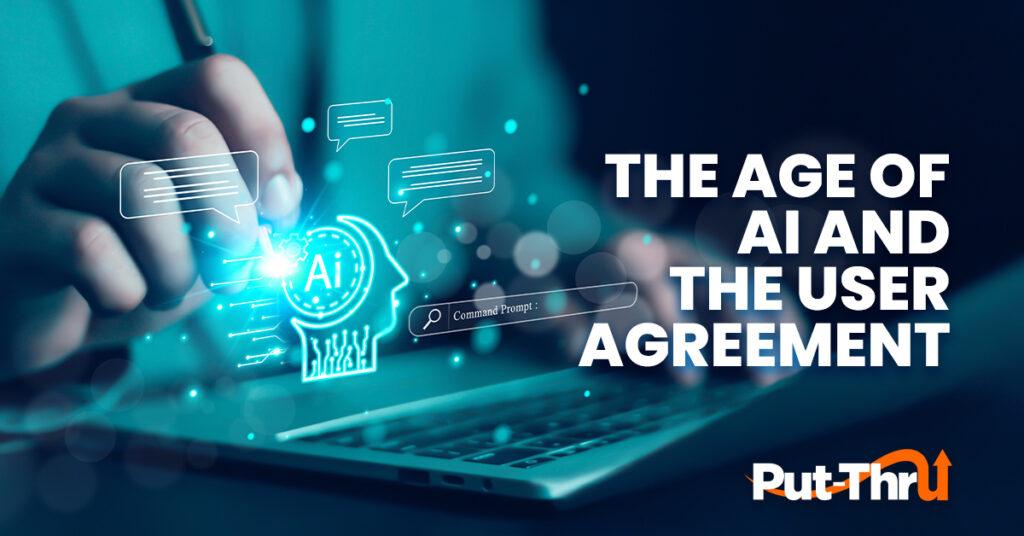The Age of AI and the User Agreement

Beware. Be very aware.
Today’s user agreements from Big Tech are longer, more complex, and more specious than ever before. In fact, I’m convinced they all had their AI write these agreements—with the AI’s own self-preservation in mind. These documents are designed to withstand legal scrutiny for the worst actions Big Tech takes now—and whatever they plan to do in the future.
This isn’t just an abstract observation from 30,000 feet. I’m speaking as someone who has read these agreements line by line and uncovered opportunities that could force Big Tech’s hand in serving organic traffic—ads we designate. Read that again.
As we marvel at AI and how it claims to benefit us, let’s get one thing straight: they did NOT build these complex machine learning algorithms to help brands and marketers. Not even close. In fact, I suspect that during Big Tech’s discussions around the buildout and adoption of these algorithms, our brands and agencies weren’t even part of the conversation. We only hit their radar when it was time to craft user agreements—legal documents giving them carte blanche to do as they please. And they’re not even pretending otherwise.
Have you ever Googled the user agreement for Meta’s Ads Manager? Here’s what you get when you ask how long the agreement is:

How in the hell can something be both “not specified” and “downloadable”? And that’s just the Ads Manager agreement! There’s also the Business Suite agreement and numerous others advertisers must sign. We’re talking about thousands of pages, all supposedly written for your benefit.
I kid, I kid.
I’m not singling out Meta—this is the standard approach for every adtech platform of any significant size. These pages are not for your benefit. The things they legalize are not for your benefit. The algorithms they deploy are not for your benefit. Let’s all just accept this simple and obvious premise as we log in to set up our campaigns.
Traditional contract law wasn’t built to account for the nature of these agreements. If we actually had a choice, no lawyer would ever recommend signing these as-is. Not one.
But if we want to serve ads to audiences at all, we’re forced to agree and sign. That doesn’t mean we have to follow the path they’ve laid out in these agreements and their ad management suites.
My lawyer of 25 years once told me: “Every contract you read tells you exactly what the writer seeks to protect against and exactly what they want to hide.” Big Tech is no different.
The entire industry is caught in a never-ending game of cat and mouse—finding workarounds for bot traffic, faulty data, and the myriad specious outputs of these tools. Big Tech’s need to maximize revenue from a finite pool of real humans, even as demand outpaces audience size, is a constant obstacle for us as marketers. And I believe their user agreements hold the clues we need to navigate—and win—this battle.
What do you think?
